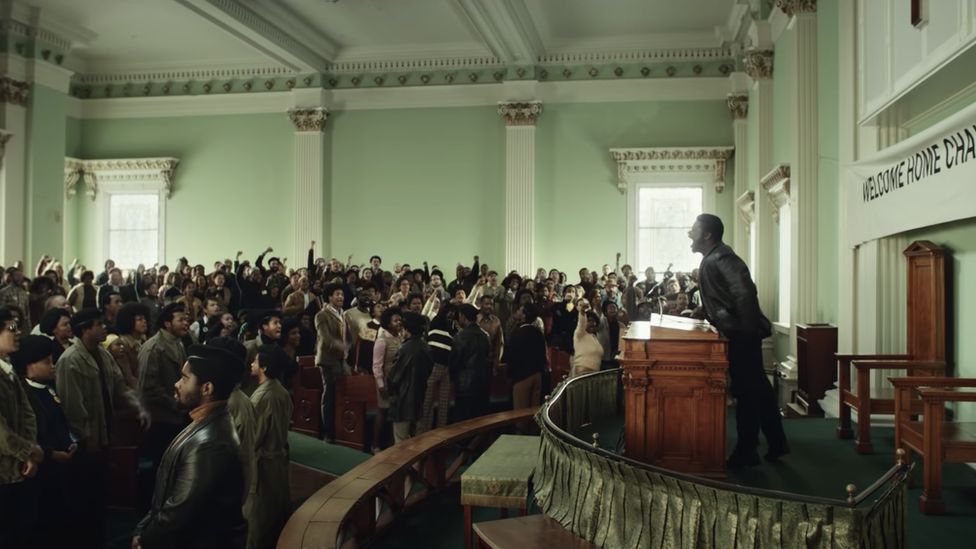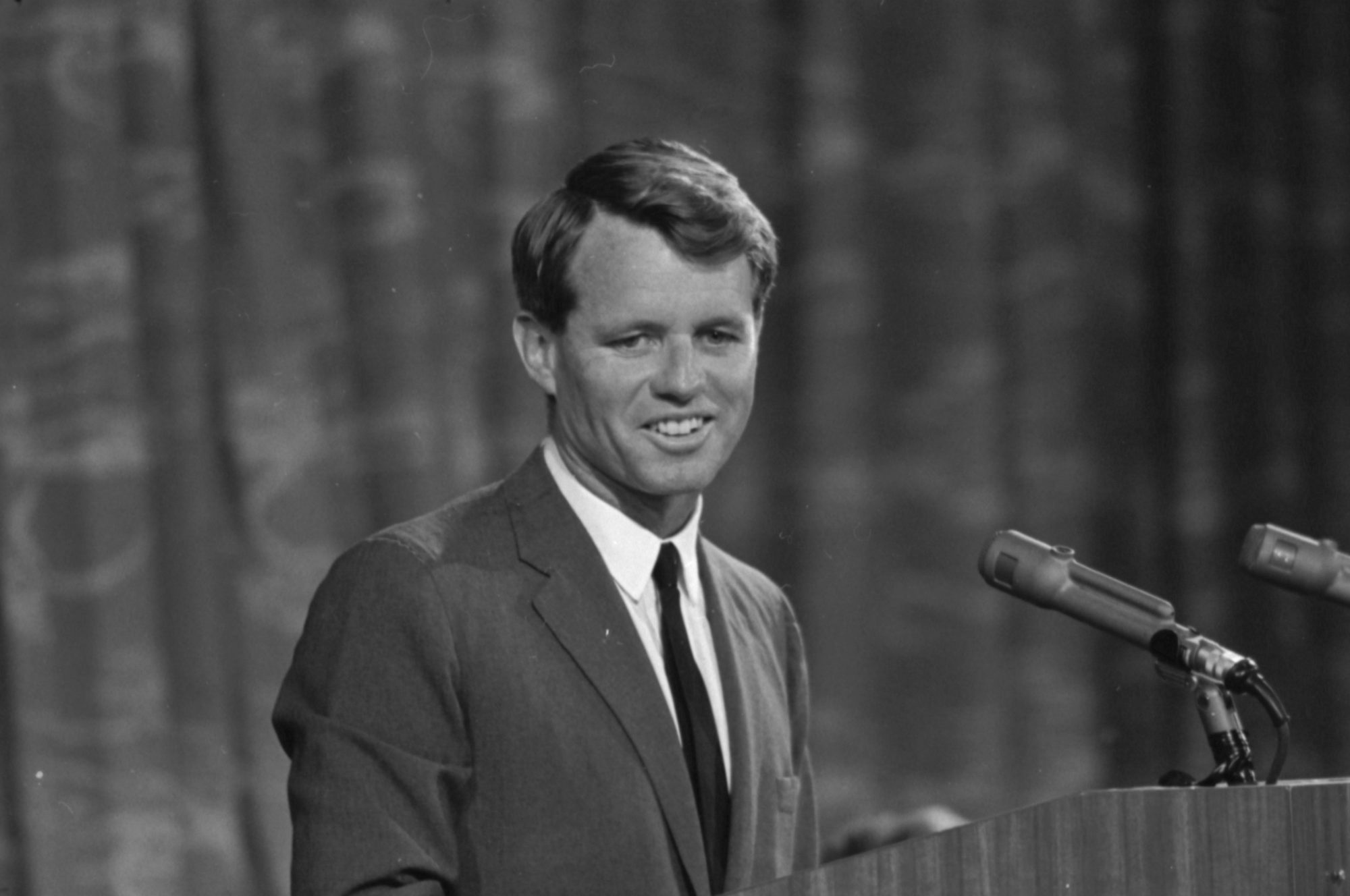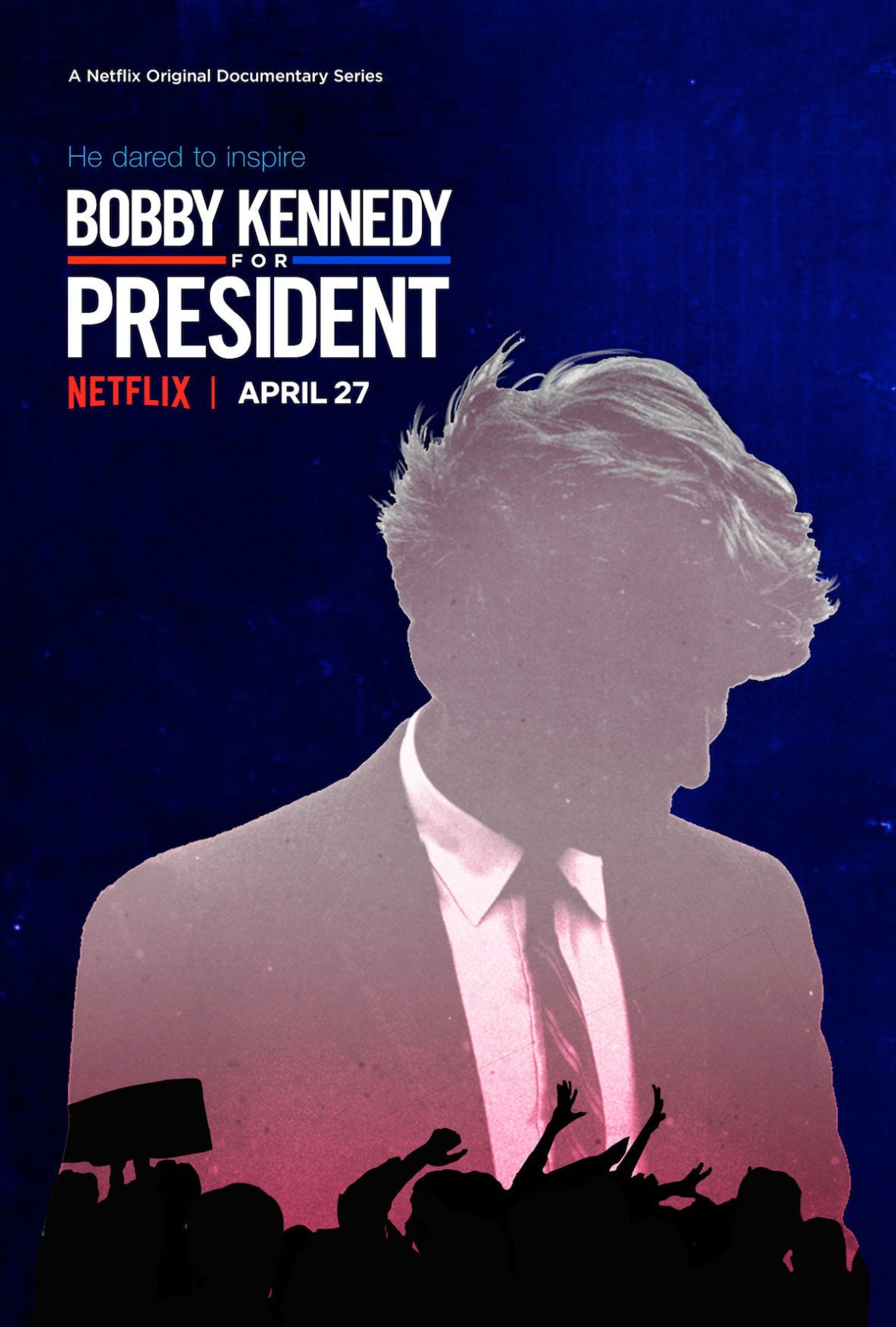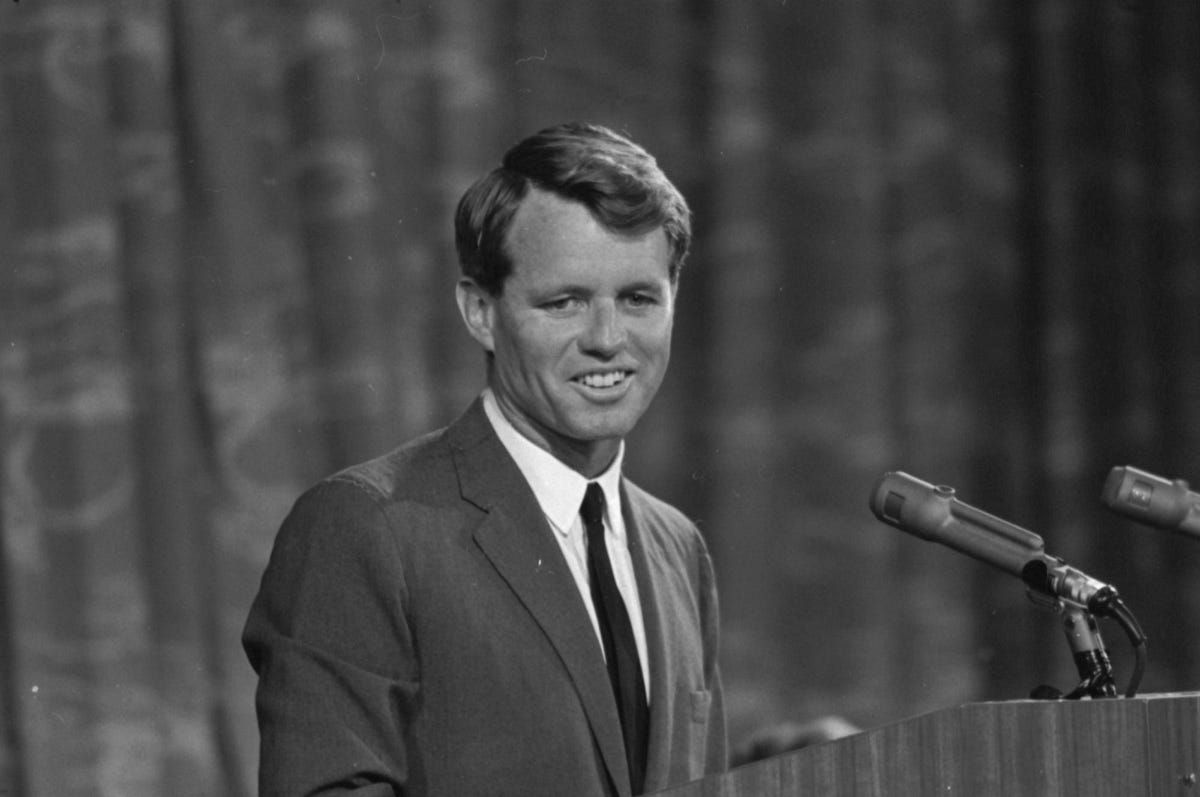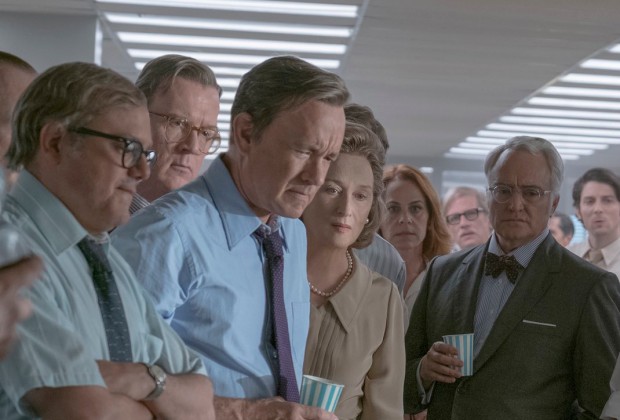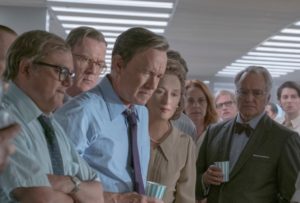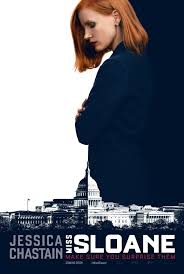Judas and the Black Messiah
Posted on February 11, 2021 at 5:22 pm
B +| Lowest Recommended Age: | Mature High Schooler |
| MPAA Rating: | Rated R for violence and pervasive language. |
| Profanity: | Very strong language including n-word |
| Alcohol/ Drugs: | Drinking, drugs |
| Violence/ Scariness: | Peril and violence, characters injured and killed |
| Diversity Issues: | A theme of the movie |
| Date Released to Theaters: | February 12, 2021 |
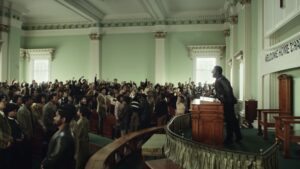
None of that was around in 1969, when young Black activists named Fred Hampton and Mark Clark were killed by the Chicago police. Hampton was Chairman of the Illinois Black Panthers and Deputy Chairman of the national organization. At age 19 he was identified by the FBI as a radical threat. At age 21, he was killed in his apartment when the police raided it before dawn. Police fired over 100 shots. The Black Panthers fired one.
There were no iPhones to record what happened that night. This movie begins to give Fred Hampton and Mark Clark the visibility they could not get in 1969.
“Judas and the Black Messiah” is the second film in less than a year to show us Fred Hampton. In “The Trial of the Chicago 7” he is played by Kelvin Harrison, Jr., sitting behind Bobby Seale. This film, as the title suggests, is less about Hampton’s vision or activities than the story of William O’Neal, who was hired by the FBI to infiltrate the Black Panthers, and the conflicts he faced in betraying the trust of people he grew to respect.
The men are played by two of the most electrifying performers of our time, Daniel Kaluuya as Hampton and LaKieth Stanfield as O’Neal, though both are substantially older than the real-life characters. Kaluuya (“Get Out,” “The Black Panther”) is a British actor who has the daunting challenge of playing a 1960s Chicagoan known for being a mesmerizing speaker. As a Chicagoan, I can certify his accent as remarkably authentic. And as an audience member I can testify to the magnetism he brings to the role, whether he is addressing a crowd of admiring students, a group of hostile competitors, or Panther members who need guidance. His Hampton understands the power of listening, and of speaking quietly. He knows how to tie what he wants them to do to recognizing the pain of the people he is talking to, and recognizing, too, how much they need to be shown a bigger, brighter version of what is possible and of the power they have to get there. And when it’s time to fire them up, he knows how to preach.
He is even better one on one. In one of the movie’s most powerful scenes, he sits at the kitchen table of a woman (a beautiful performance by Alysia Joy Powell) whose son has been killed. He gently, compassionately listens to her talk about how in her mind he is always seven years old, how he is more than what got him in trouble. In another highlight, he meets with the hostile members of a group called The Crowns that sees the Black Panthers as competition. The FBI has circulated a forged flier supposedly created by the Black Panthers that insults the Crowns. Hampton does not argue. He does not get defensive. He just reflects back to the Crowns the power they have and asks them to think of what they can accomplish together. His scenes with the activist and poet who became the mother of his child, played with tenderness, grace, and dignity by Dominique Fishback, are also beautifully done. He quotes Che Guevara to her, “Words are beautiful but action is supreme.” She responds, “You were using words, so maybe choose them more carefully. And just so you know, you are a poet.”
“I don’t need no mic,” he tells the students. He wants to speak to them intimately, conversation, not oratory. But he uses strong words when he needs to. “That’s the difference between revolution and the candy-coated facade of reform,” he tells them. “Reform is just the masters teaching the slaves to be better slaves.” He says his job is to “heighten the contradictions” because oppressed people cannot always see the shackles.
Hampton often speaks quietly, but some of his rhetoric is incendiary. He speaks of getting AK-47s and bandoliers. He quotes Che Guevara and Mao Tse-Tung. But his programs start with free breakfasts for hungry children and his plans are for a clinic and a school.
Stanfield (“The Photograph,” “Short Term 12”) as O’Neal shows us the anguish of a man caught between the FBI agent who alternately cajoles and threatens him. O’Neal was a teenager when he was arrested for impersonating an officer and stealing cars. Agent Roy Mitchell (Jesse Plemons) invites him to his apartment, buys him a car, and takes him to high-end restaurants. O’Neal says he saw Mitchell as a role model. But he sees himself as an activist, even years later when he was interviewed for the PBS series “Eyes on the Prize.” We see Stanfield re-enacting that interview at the beginning of the film and the footage of the real O’Neal at the end.
The conflict of compromise undercover operatives struggle with has been portrayed in other stories and films, from Kurt Vonnegut’s Mother Night to Johnny Depp and Al Pacino in Donnie Brasco. Writer/director Shaka King (writing with Will Berson from the original screenplay by Keith and Kenny Lucas) finds sympathy for just about everyone except for J. Edgar Hoover (played by Martin Sheen and a lot of make-up) and the Chicago cops. Even Mitchell, who manipulates O’Neal, shows some disgust at Hoover’s trying to goad him by asking how he would feel if his 8-month-old daughter some day brought home a Black boyfriend.
But O’Neal’s story is less interesting than the story of Hampton himself, what he read, who he was inspired by, and how he inspired others. The script is muddled and confusing in places. But the stirring story and the exceptional performances, and the score from Craig Harris and Mark Isham make this a powerful, important film, well worth seeing and learning from.
Parents should know that this film deals frankly with issues of racism, resistance, betrayal, and police brutality. Characters use strong language. There are sexual references and there is a non-explicit sexual situation. Violence includes guns and characters are injured and killed.
Family discussion: What should we learn about leaders like Fred Hampton when we study American history? Why did the FBI consider him such a significant threat? How should the government treat activists like Hampton?
If you like this, try: the documentaries “The Murder of Fred Hampton,” “The Black Panthers: Vanguard of the Revolution,” and “Nationtime.”

